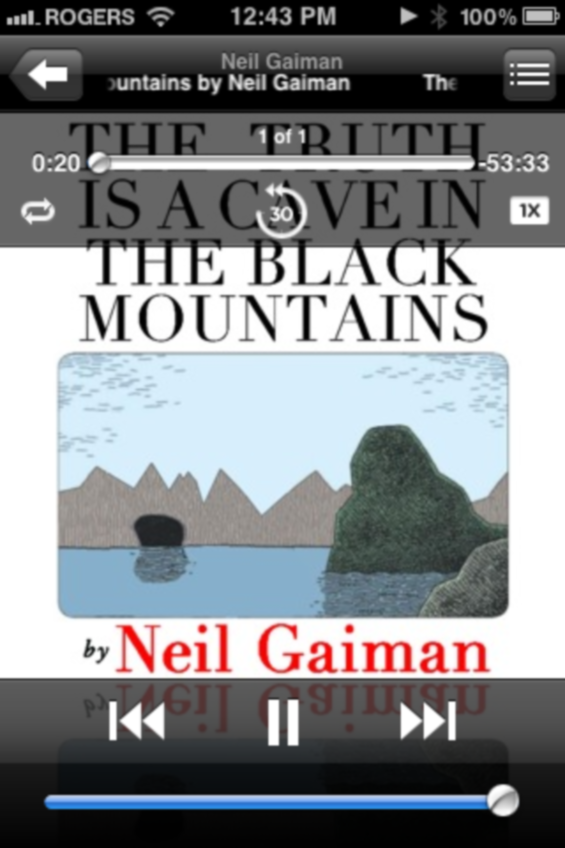


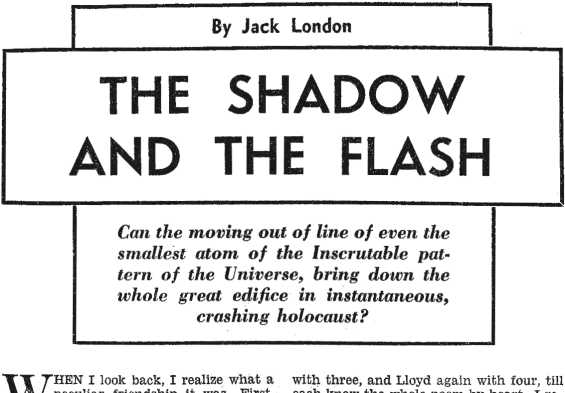
Here’s one of Gregg Margarite’s earliest narrations for LibriVox. Because it was so early it sounds like one of his more amateur recordings – mostly because Gregg reads it too fast. But one thing that didn’t really change, that needed no refinement, his skill at picking stories to record. This Jack London short story is fun Science Fiction. It’s about a pair of nearly identical, ferociously competitive, brothers. The tale was written in 1902, five years after The Invisible Man, by H.G. Wells, was published as a novel.
Indeed, the plot is rather … how shall I put this ? … familiar ? … with the The Invisible Man. But that’s okay as there’s a line aknowledging it by one of the brothers. At least it’s a hat-tip in that direction. But instead of one mad scientist as in Well’s novel, we have two in The Shadow And The Flash – in fact were they a pair of superheroes (or supervillains) that’d be each of their names (The Shadow and The Flash) as they get their powers from the way they approached the problem of invisibility – that is to say from opposite ends, as it were.
It was at about seven minutes in before the story really took off – here’s the part that grabbed me:
Lloyd warmed to the talk in his nervous, jerky fashion, and was soon interrogating the physical properties and possibilities of invisibility. A perfectly black object, he contended, would elude and defy the acutest vision.
“Color is a sensation,” he was saying. “It has no objective reality. Without light, we can see neither colors nor objects themselves. All objects are black in the dark, and in the dark it is impossible to see them. If no light strikes upon them, then no light is flung back from them to the eye, and so we have no vision-evidence of their being.”
“But we see black objects in daylight,” I objected.
“Very true,” he went on warmly. “And that is because they are not perfectly black. Were they perfectly black, absolutely black, as it were, we could not see them—ay, not in the blaze of a thousand suns could we see them! And so I say, with the right pigments, properly compounded, an absolutely black paint could be produced which would render invisible whatever it was applied to.”
“It would be a remarkable discovery,” I said non-committally, for the whole thing seemed too fantastic for aught but speculative purposes.
 The Shadow And The Flash
The Shadow And The Flash
By Jack London; Read by Gregg Margarite
1 |MP3| – Approx. [UNABRIDGED]
Publisher: LibriVox.org
Published: March 12, 2009
A tale about two brothers who take different routes to achieving invisibility, as narrated by their best friend. First published in The Bookman, June 1903. Later published in The Windsor Magazine, October 1904, and in Famous Fantastic Mysteries, June 1948, Leoplan #502 (May 18, 1955).
Here’s The Windsor Magazine edition |PDF|, here’s the Famous Fantastic Mysteries edition |PDF|, and here’s a Spanish translation from Argentina’s Leoplan |PDF|.
Illustrations from The Windsor Magazine publication:




Virgil Finlay’s illustration from Famous Fantastic Mysteries:
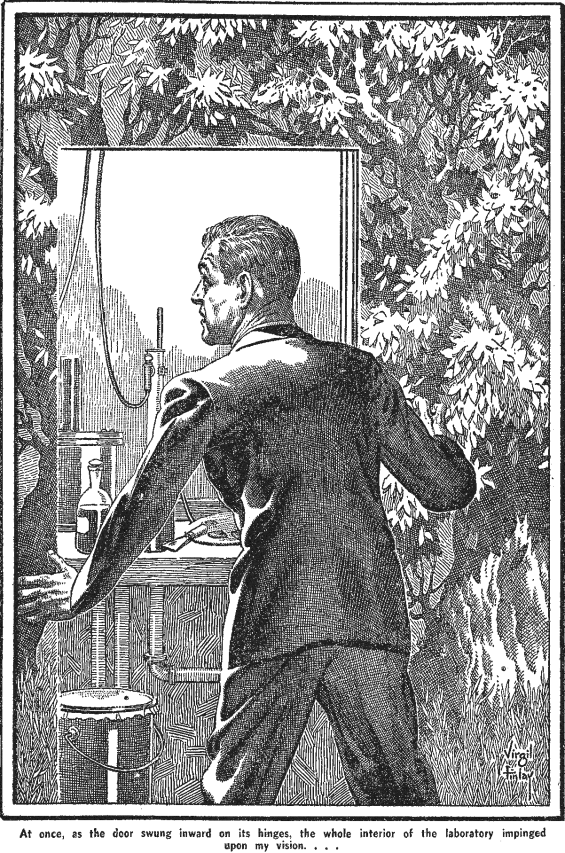
Raul Valencia’s illustrations from LeoPlan 502:
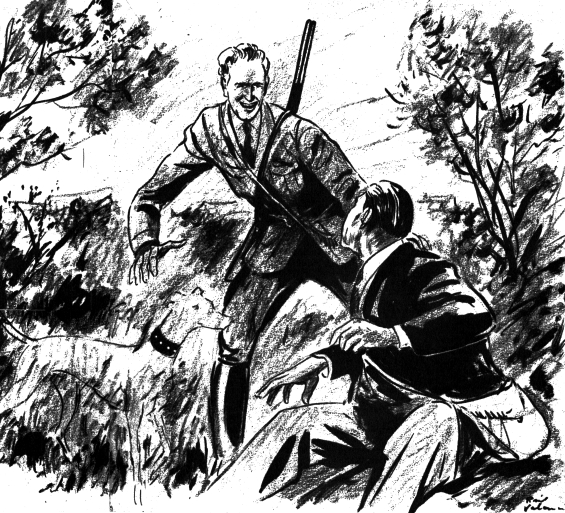
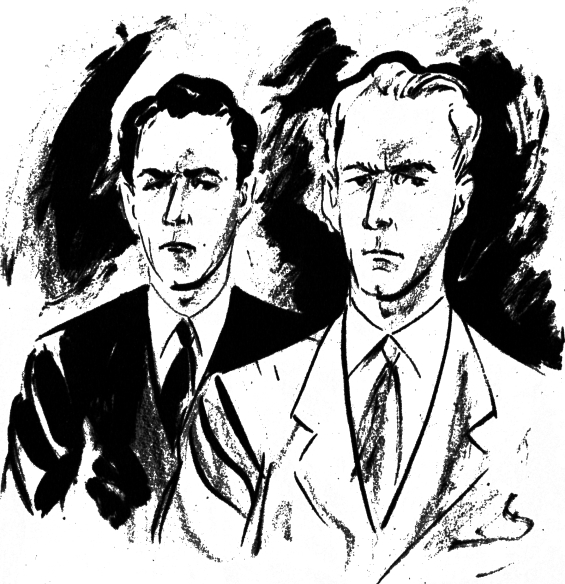
Posted by Jesse Willis

 Tantor Media is currently offering a FREE MP3 audiobook download of Thomas Perry’s Vanishing Act!
Tantor Media is currently offering a FREE MP3 audiobook download of Thomas Perry’s Vanishing Act!



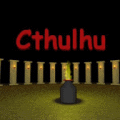
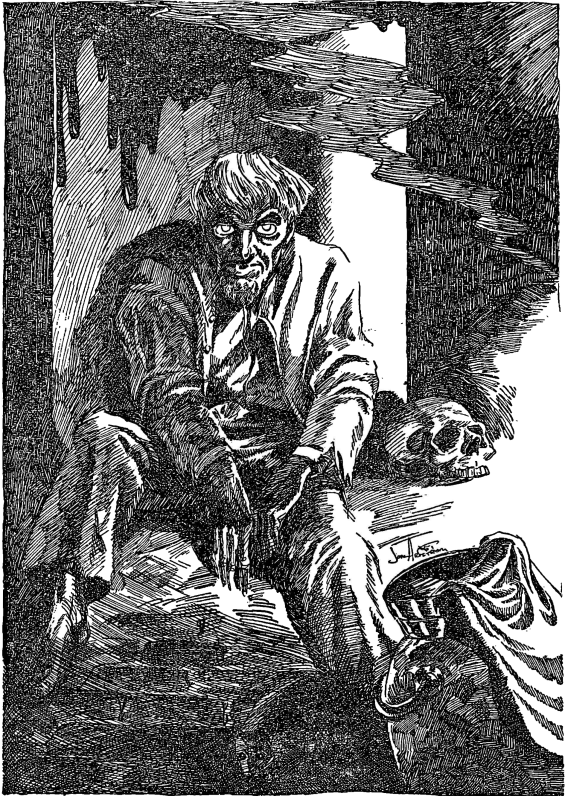
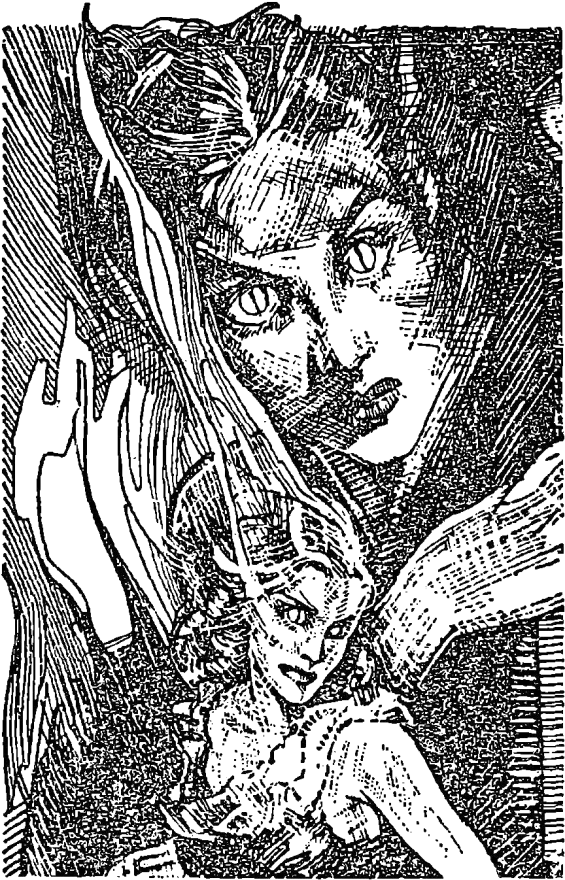
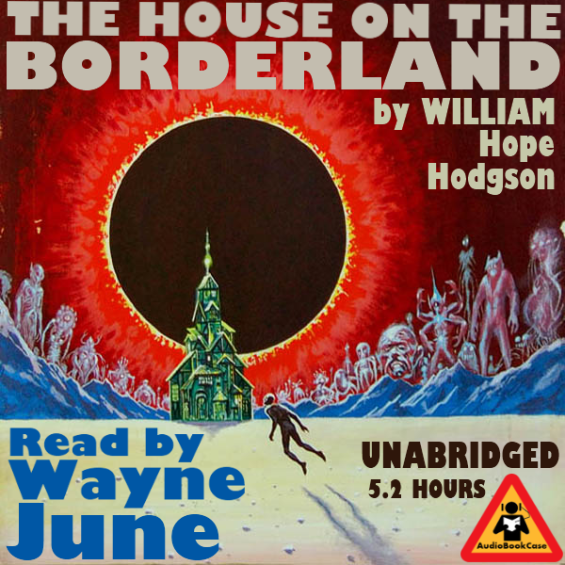
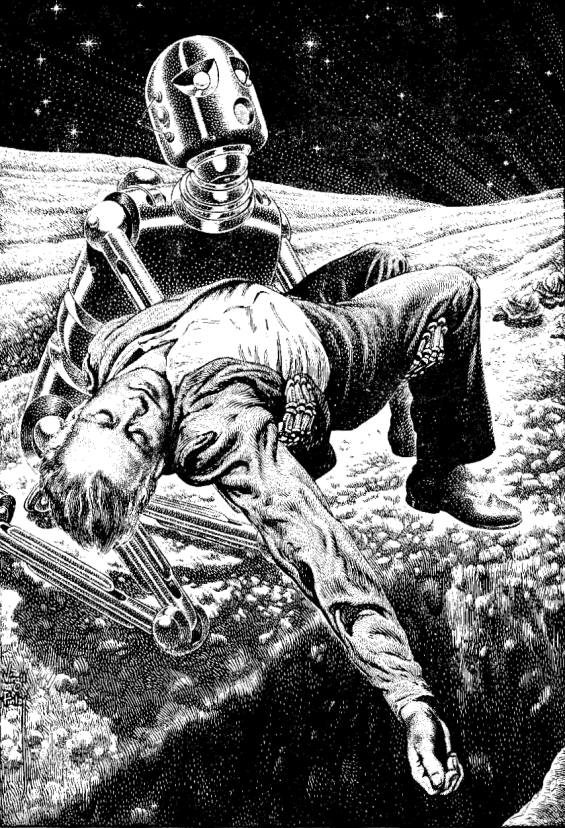
 Beside Still Waters
Beside Still Waters









 The latest StarShipSofa podcast,
The latest StarShipSofa podcast, 